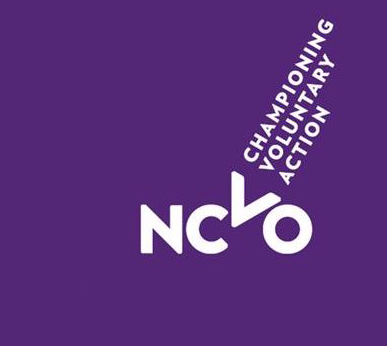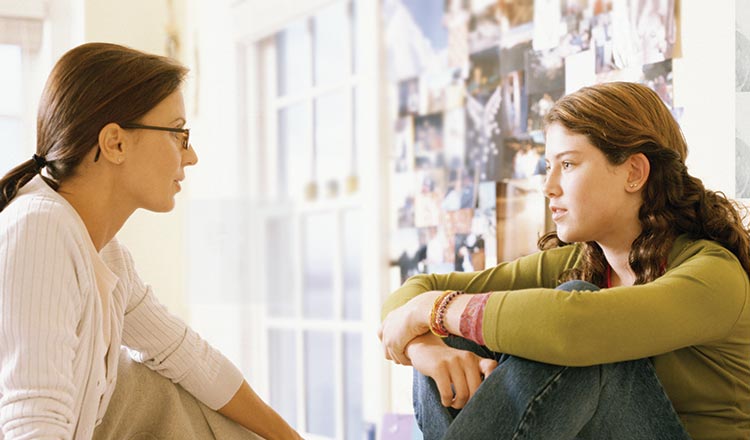During the pandemic, some charities had to switch from self-sustained funding to applying for grants. Chris Barnard, chief officer of the Ouseburn Trust was one of those, as he describes to Melissa Moody.
---------------------------------------------------------------------------------------------------
Melissa: How did the pandemic and lockdowns affect The Ouseburn Trust?
Chris: Quite significantly, like most. I think we were fortunate in a way that when we were set up, it was done around an asset base. So we own quite a bit of historic property that we generate a commercial income from. That income remained relatively stable, obviously, the businesses who rent that space from us had their own challenges, but on the whole, It was a more stable source of income.
The other 50% of our income came from public facing activity. So, you know, heritage walks and programmes and things like that and that income just stopped overnight when we had to close. So we lost that income straight away, so we had to find other ways of mitigating that lost income, otherwise, you know, we couldn't pay the bills or wages.
Melissa: What were the biggest challenges that you faced when it came to funding and sort of how did you guys overcome that?
Chris: I've spent a career in community businesses, sourcing, funding and things like that but in recent years I've managed to get the organisation to a point where it didn't have any dependency on grants anymore. The whole sector has been encouraged to be more enterprising and more self-sufficient, So of course, you do that. And then when something like this happens you think, “Oh no, how do we apply for grants”.
We had to sort of re-learn and think “how did we do that again” and “how do we demonstrate what we're doing”, because we didn't have anyone to answer to because we weren't accessing grants anymore. So that was probably the biggest challenge and fortunately we did okay we kind of got back on our feet. It wasn't that we had to kind of change the way we operated we just had to gather that evidence and demonstrate how we were, you know, worthwhile as an organisation doing what we do.
Melissa: How did it feel going from a charity that didn't have to rely on grants to going back into those applying stages and having to wait for decisions overnight?
Chris: It was frustrating. I think because we've worked so hard to get ourselves into a position where we didn't have to do that. You know we've become sustainable, we were able to support our community ourselves. So it was frustrating more than anything. And I suppose a little bit nerve wracking because you think: “well, what if we don't get this support, and then what.”
Fortunately we built up a bit of a financial buffer so we weren't in as difficult of a position as some charities. We've made a small surplus for a few year so we had a little bit of money to fall back on. But, you know, that probably would have lasted six months. It was a case of we don't want to have to use that we want to keep that if we can, you know, good governance, I suppose. My case to funders was: “would you rather invest in an organisation that has already demonstrated how resilient it is, or would you rather invest in one that might go under next year? If you put your money into us we can guarantee you were capable of running a good organisation. We just need to get over this hurdle.”
Melissa: It seems like things changed very quickly. How was it with staff and volunteers?
Chris: We were lucky because we've got a really good team of staff who were just so bought into the ethos of what we do. Even kind of working from home they we taking on work. Staff on furlough were even asking how they could help and we were like “no, you're not legally allowed” and they were saying “No, but I want to help.” So that was kind of good and bad. It was good because you think oh well we really have got a brilliant team here who are really committed to this. I think we knew it anyway but it was nice to kind of have that reinforced
Melissa: Now things are opening up again, what is the future looking like? Do you think you'll still be relying on grants or are you hoping to move away from that again?
Chris: We're hoping to move away from it again. We've done all right with grants from a number of different sources and those funders have approached us and said, you know, are you interested in this next round, but I'm kind of waiting, because I think we might not need to.
We've actually, I think I've described it to a funder, we've got a sort of toolbox of options now. We can be fully open to operating, with lots of measures in place to keep people safe. We can run tours with single households, we can run them on the rule of six thing, we can run them with masks with sanitizer, we can use social distancing, we've got all these different tools at our disposal to react to whatever the risk is, so we can we can do something.
A number of our volunteers are ex health and safety professionals as well so they're helping advise. But one of the challenges for us is that we've got a lot of volunteer guides who are quite elderly and vulnerable themselves in health terms. We don't want to put our volunteers at risk. It's about a balance. So I think from September we've actually opened September tours for, I think groups of 10. Traditionally we did groups of kind of 15/16 and then we went to single household families over the last three months, which was about 25% of our usual income so obviously not sustainable, but with a better grant with thought, let's just keep running that until we can move on.
So since the restrictions have been lifted, the numbers didn’t escalated dramatically so we decided to open things up a little bit more. So we encourage people still to wear masks, but we've got bigger numbers so we can generate a bit more income. On the first day, we put the new tours for September on the website, we sold out in 72 hours. That's great, and that was without advertising it. It's just gone crazy.
It's just a big sigh of relief on my part, because I think, “oh my goodness, I can budget for that next month and get a sense of where we might be heading”. When I did the budget at the start of the year, we predicted things opening up in September. But we were quite cautious, thinking maybe we'll generate 40%, maybe 50% of our historic income. But the way things are going, it's kind of at 90%
Melissa: That's great, I suppose staycations are helping?
Chris: Definitely. Historically, we had about 40% of our visitors were coming from Newcastle postcodes, so within kind of 10 Miles probably of where we are. Another 40% were national but 20% were international. So while we've gained from local people who are travelling, we've lost that international market so it's kind of swings and roundabouts, that. But the school groups have shown interest again we've traditionally done a lot of stuff with schools, they’re desperate to come back and give the kids a more vivid experience, I suppose.
Charity Times video Q&A: In conversation with Hilda Hayo, CEO of Dementia UK
Charity Times editor, Lauren Weymouth, is joined by Dementia UK CEO, Hilda Hayo to discuss why the charity receives such high workplace satisfaction results, what a positive working culture looks like and the importance of lived experience among staff. The pair talk about challenges facing the charity, the impact felt by the pandemic and how it's striving to overcome obstacles and continue to be a highly impactful organisation for anybody affected by dementia.
Charity Times Awards 2023
Mitigating risk and reducing claims

The cost-of-living crisis is impacting charities in a number of ways, including the risks they take. Endsleigh Insurance’s* senior risk management consultant Scott Crichton joins Charity Times to discuss the ramifications of prioritising certain types of risk over others, the financial implications risk can have if not managed properly, and tips for charities to help manage those risks.
* Coming soon… Howden, the new name for Endsleigh.
* Coming soon… Howden, the new name for Endsleigh.
Better Society

© 2021 Perspective Publishing Privacy & Cookies











Recent Stories